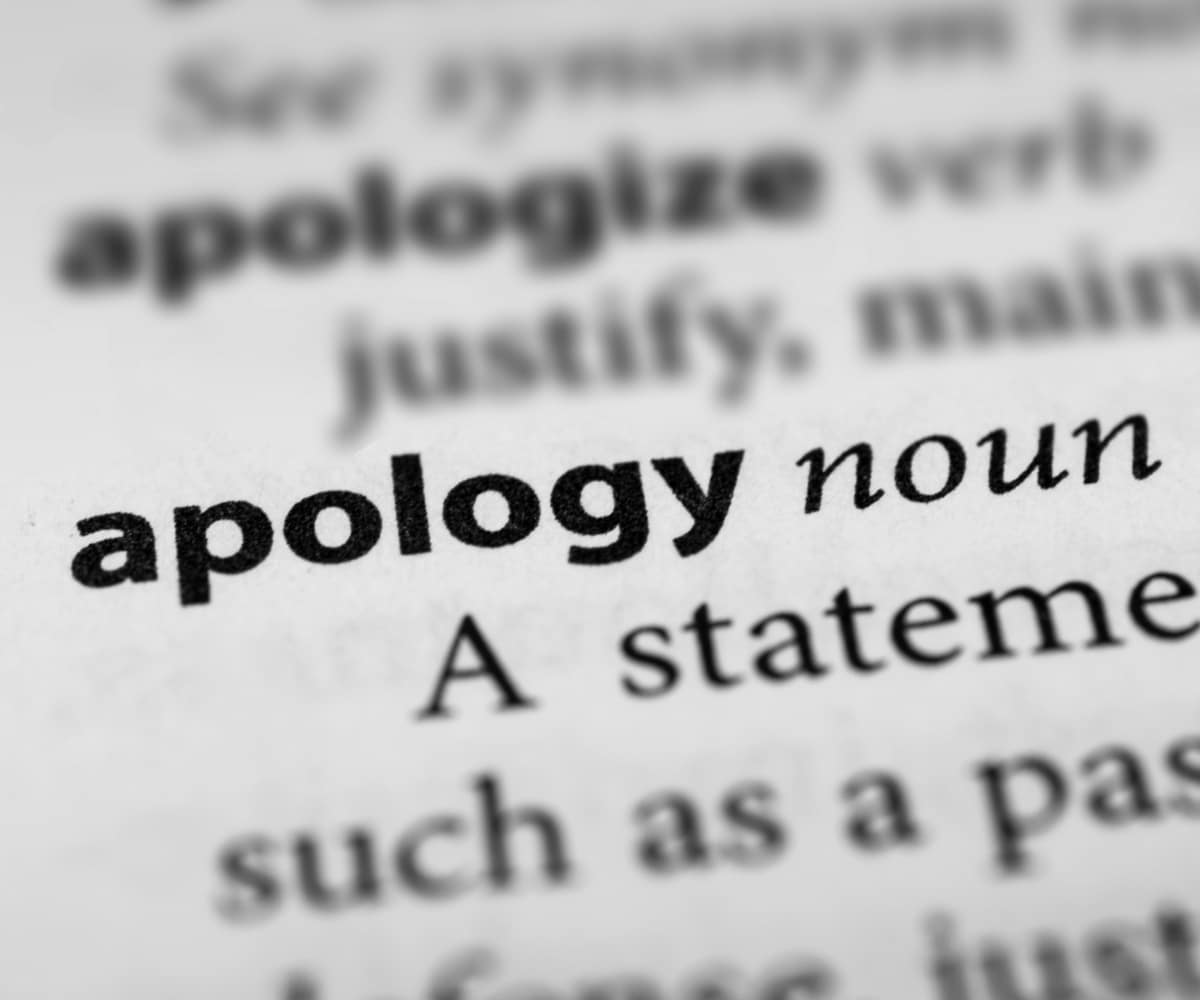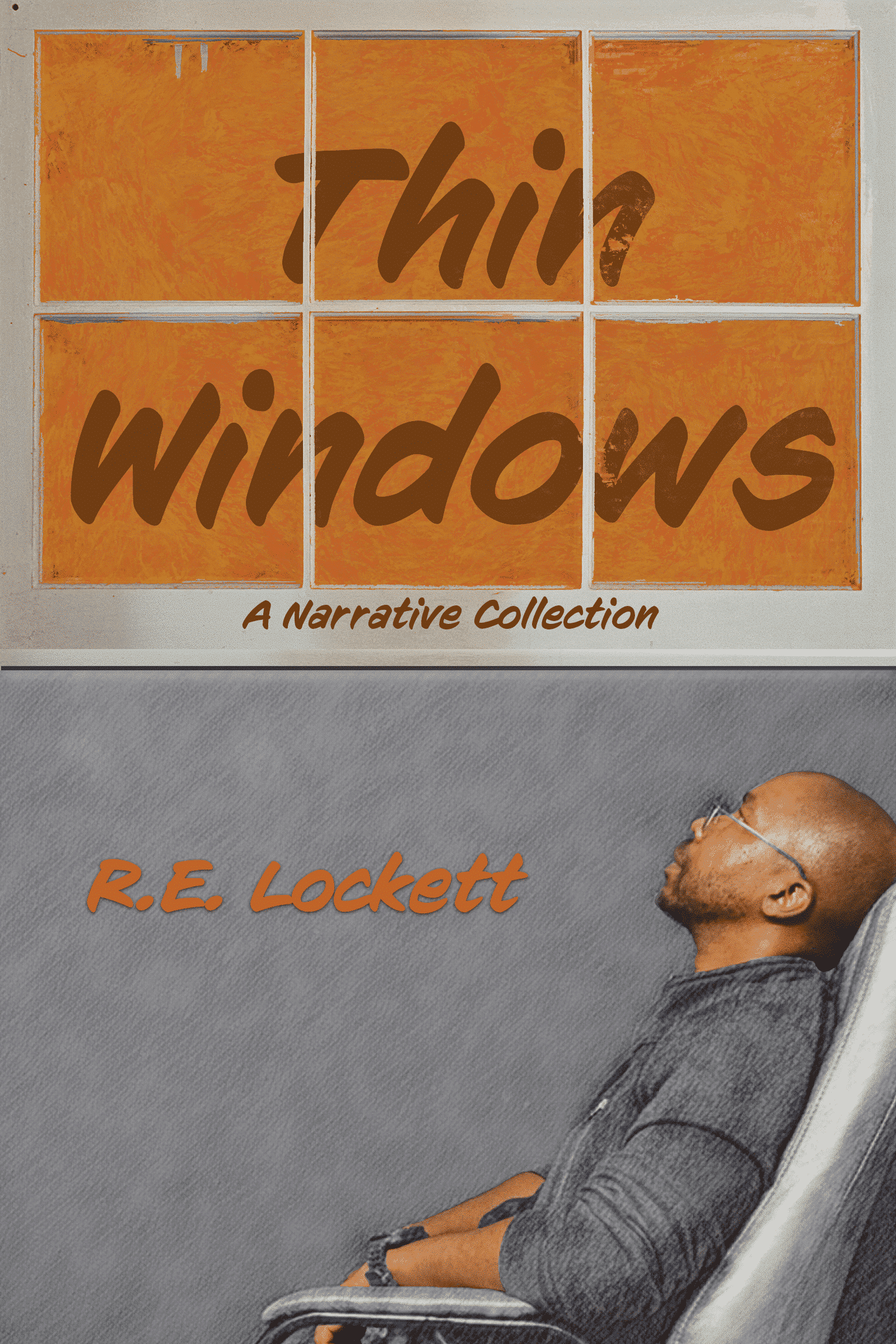Your cart is currently empty!
The Case for Unapologetic Writing

in
Disclaimer: This post may contain affiliate links for books we recommend. If you make a purchase through these links, at no additional cost to you, we may earn a small commission. See our full Terms of Use here.
I was talking to some friends about how often I apologize as a writer. Whether it’s late at night when I’m frantically trying to get an article written, or on days when I just don’t feel like doing my writerly duties (like any other job), I apologize either mentally or out loud. I apologize to myself for time wasted not writing. I apologize to friends and family for the time spent writing instead of with them. The more I talk to other writers, the more I realize that this isn’t an uncommon practice among us, and it got me thinking about why we do it and why we should stop.
Many people who dream of writing never do. Not because they can’t write, but because they won’t. It’s hard to juggle writing with the rest of life, particularly if you’re balancing multiple roles and many responsibilities. As important as the other things in your life are, writing should be something you hold in equal esteem. After all, this goal of writing got you started in the first place, right? So it’s important to make time for it and not apologize when things get hectic and there isn’t any time.
In fact, consider your writing time sacrosanct. Here’s why and how to do it.
If You Don’t Take The Time to Write…
We define imposter syndrome as the psychological phenomenon in which people cannot internalize their accomplishments. You feel like a fraud. You think that someone will discover that you’re not good enough and then they’ll find out you aren’t who you say you are. It can be a devastating feeling to have. If you don’t take time to write, it becomes easier to let imposter syndrome creep in and take over. Writers have to write. They have to read, too. You are what you read. By definition, though, we write.
We don’t write by magic. Further, there is no machine to speed up the process. What writers use more than anything is time. We invest money, brainpower, and emotional capital at the highest levels. We invest, comparatively, a LOT more time. The investment is an agreement with yourself. What you do with your time makes you a writer or a person who wants to write. You can read all day long and never be a writer because you never invest your time in what it takes to become one: writing. Writers write.
Take your writing seriously if you want it to take you seriously as an author. If you want your writing career to be something that pays off – whether financially or otherwise – then you need to treat it like any other career would treat their chosen profession: with respect and dedication and hard work. Invest the time.
… You Will Miss Opportunities For Success…
When you are not writing, accomplish all of your productive goals. Get that laundry done. Sweat through those workout sessions. Enjoy the calm structure of meal prep moments. Go to work and the bank and the farmer’s market. Restock your must haves and make a plan for managing inventory going forward if you don’t already have one. Do anything but write. The more time you spend on things other than writing, the better.
That’s not to say you ignore the fact that you are a writer. Build your mental gallery of people and images and poetic lighting as you go about your day. Don’t let good ideas slip away just because they came at an inconvenient time. Jot them down and give them no more thought. Come back to them later at your appointed writing time. This is a great way to kill two birds with one stone: 1) capture good ideas, and 2) maintain a healthy separation between writing and not writing.
By creating a true divide between your writing time and the rest of your life, you ensure that when you are writing; it is with undivided attention. Other ideas or thoughts won’t distract you. You won’t feel you’re wasting precious moments. And you will find yourself more able to lose yourself in your work.
… And All-Around Contentment.
When you’re not writing, spend your free time doing the other things that bring you joy. The world is a stressful place, no matter how much (or little) money you have. No matter what happens in life, there are always those moments of stillness that can return us to peace if we choose them. These don’t have to be grandiose activities. You could take a walk alone on a sunny day, read something from start to finish without putting it down, or just lie on your back in bed staring at the ceiling. There are as many ways to relax as there are people in the world. Find yours. Then lean all the way into it. Let it engulf you and likewise encompass it.
Many of us don’t make enjoying ourselves a priority. We put it off until later, but when we’re on our deathbeds and looking back on our lives, will we be able to say that we spent enough time just being still? Will we wish that could have spent more time having fun or doing whatever activities made us feel most alive? Make time every day – even if it’s only 30 minutes – to do something else you love. The peace of mind you’ll gain will give you a much-needed creative boost and help keep your mindset healthy as well. And then see how that seeps into your writing. Chances are good it will improve what you produce.
When You Do Make Writing a Priority…
When you’re writing, just be writing. Close the door, lock it. Turn off your phone. Let the people in your life know that time is your writing time. Respect that writing time. If you are a writer, then nothing should take precedence over writing. You must make it a priority and respect it. Protect your time and energy because there will always be things that come up to pull both things away from you. If you don’t protect them, they will be gone before you know it. If you want to write more than anything else – as I’m sure many of us do – then making sure we give ourselves ample space and time to do so is crucial. So never apologize for needing or using that space and time! It’s not selfish. It’s necessary.
Like any other goal, commitment to achieving the goal is paramount. You must commit yourself to writing if you want to be a writer. Commitment means giving up things in your life that are not conducive to your writing. It means making sure you are prioritizing your writing time and protecting it from anything else that might try to steal it away from you. Commitment means defining yourself as a writer – because if you don’t see yourself as a writer, then how can you expect anyone else to?
People Will Make Your Writing a Priority, Too
Let friends know it’s best to call you before they stop by. If you have pets, make sure someone looks after them while you write (and don’t apologize for it). Parents, let your kids know you need quiet and a lack of distractions. If other members of your household need something from you, make sure they understand when those times are and respect them. Your writing time is important and should be for everyone around you. After all, if those closest to us don’t support our dreams and goals, who will? Your loved ones want you to be happy. They see how happy writing makes you. Let them see how serious it is to you as well.
These tough conversations lead to respected blocks of time. That makes them as valuable as the hard work that you put in once the block of time is secured. The big payoff will come. You’ll receive your first payment for work as a writer. Maybe you’ll tell your family about your full request (and explain what that means). Or maybe your agent will send word of a potential book deal. Whatever the outcome, your family will be so excited for you they’ll never let you hear the end. Until your writing time, that is. Then they’ll insist you get back to work.
Stop Apologizing
You don’t need anyone else’s permission. As a writer, you will probably get asked by others why you spend so much time in front of your computer. Don’t apologize for your choice to be an author. Instead, let them know how much joy it brings you and how happy it makes others. It may sound harsh, but if someone has an issue with your passion project, then he or she doesn’t deserve your attention, anyway. What matters to you matters more than anyone else’s opinion. Never feel guilty about your writing time. For writers, creative work is important and needs to happen often. It’s not just something you do when you have free time or when you’re bored. It’s part of who you are as an individual.
Write Unapologetically
Writing is a job. Because it’s work, protect your work time from everything else. For many writers, writing is a struggle. We force ourselves to sit down, to write even though we don’t feel like it, because we know that if we just set time aside to do it, we will get something done. If you wait until you are in exactly the right frame of mind before you write, you will get nothing done. You must learn to sit down and start writing regardless of what sort of mood you are in or what other things there are going on around you. Creating unapologetic space makes it seem like less of a chore on those hard days.
If you want to be successful at something, you can expect to make sacrifices. Building the habit of cementing a writing time is the first step to forgiving yourself for wasted time. Don’t feel you’re alone, either. Plenty of writers finish the week recounting the hours spent not writing instead of celebrating the writing that they achieved. It’s time to stop apologizing to yourself and everyone else. That time is better spent writing.
-R.E.

